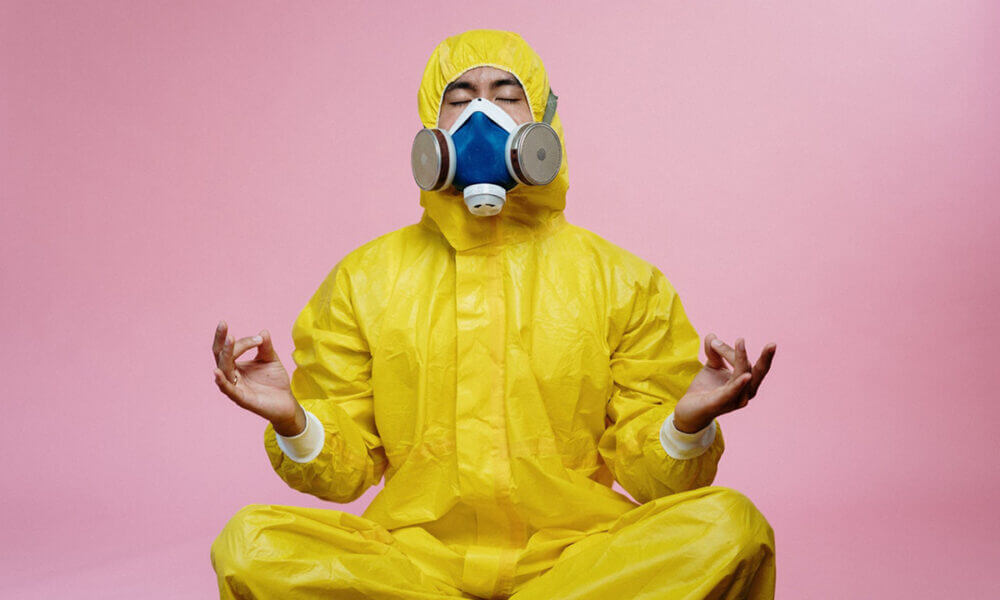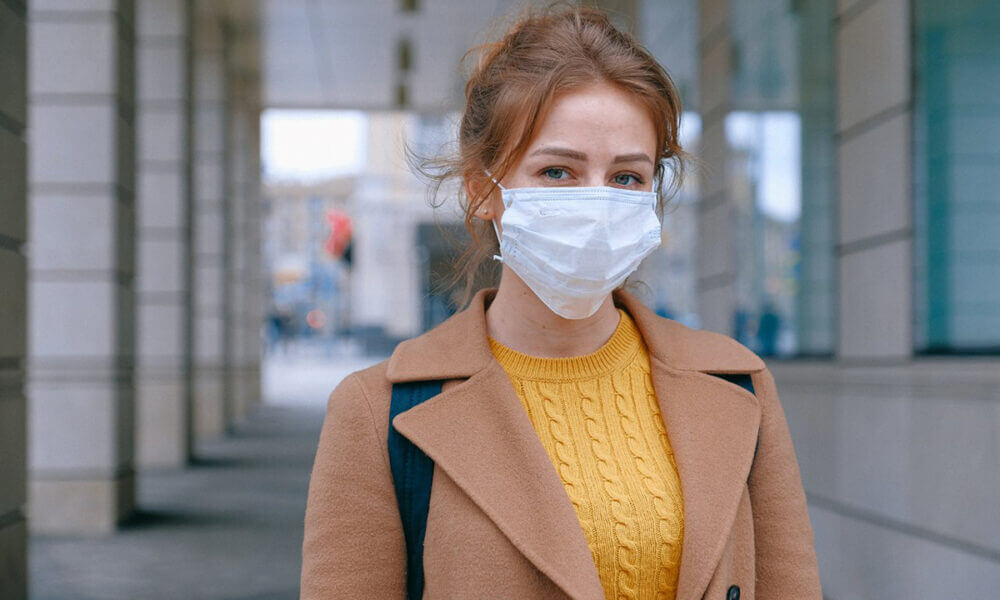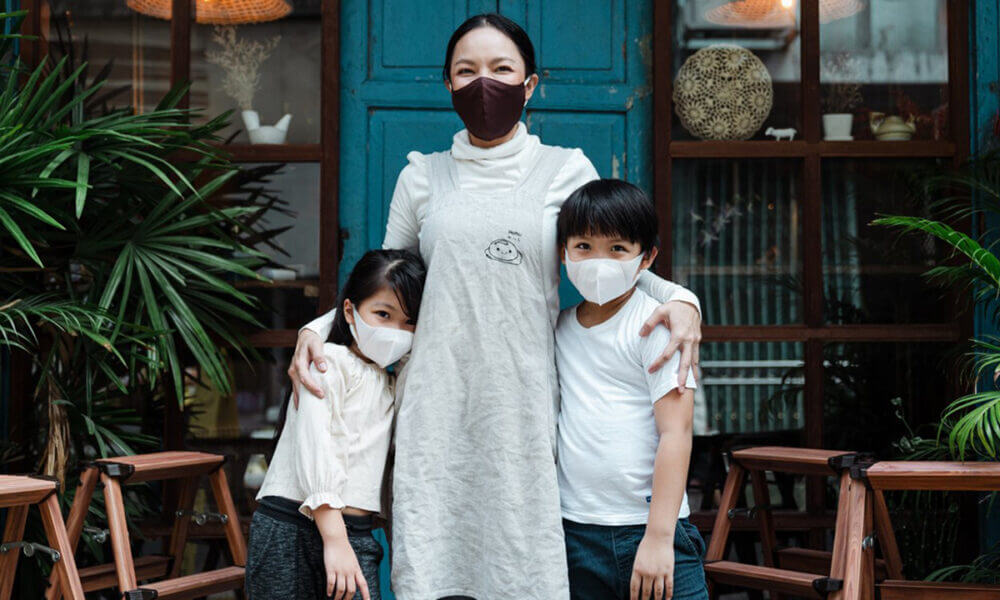The coronavirus has generated a significant impact on society, as it has forced economic sectors to adapt or paralyze their activities. In this sense, dependent and independent workers can suffer from anxiety, stress, hopelessness or anguish due to not having economic and social stability . For this reason, there may be varied effects of the economic crisis, confinement, and COVID-19 on people's mental health. Learn about the psychological impact of the coronavirus and the stoppage of activities!

Main Effects of the Economic Crisis, Confinement, and COVID-19 on Mental Health
The coronavirus can affect people's moods by being forced to adapt their habits.
Insecurity and stress
One of the main effects of the economic crisis, lockdown, and COVID-19 on mental health is that it fosters stress. In this way, the insecurity of keeping a job, reduced income, forced work adaptations or changes of housing can generate concern . In addition, people who live in rented apartments can suffer from anxiety about the permanent risk of eviction from the home.
Similarly, uncertainty can generate anguish and hopelessness, and significantly affect a person's mood and daily productivity . Also, being confined for a long time with other people can generate conflicts due to tension or stress and affect interpersonal relationships.

Frustration
Another of the effects derived from the coronavirus on mental health is the frustration that can be felt when perceiving sudden changes in the environment. In addition, receiving lower pay for new ways of working, or losing a job, can cause depression and despair . Consequently, it can generate work rivalries or affect relationships between colleagues or bosses.
Self esteem issues
Confinement, job loss, and personal project delays can affect some people's moods. For this reason, identity problems, a feeling of inferiority or social isolation may arise to avoid failure .
In this sense, one of the effects of the economic crisis, confinement and COVID-19 on mental health is the impact on self-esteem. Consequently, people can feel less important in their environment, generating anxiety, stress and depression .
Changes in behavior and vices
As a consequence of the effects of the economic crisis, confinement and COVID-19 on mental health, many people may experience changes in their behavior. In this way, these factors can affect each person differently, making them more passive or aggressive in their environment to feel protected.
As a consequence, these changes can lead to mental disorders and promote violence, antisocial behaviors, and drug or alcohol use . For this reason, the help of psychologists or specialist doctors may be necessary to control these temperament changes when feeling overwhelmed.

Personal and social discomfort
Due to the decrease in productivity, the general economy is affected, so it is necessary to apply restrictive policies to control the available resources. In addition, due to the economic and social crisis, health systems can collapse and cause discomfort or displeasure in society due to difficult access to services .
In the same way, by not being able to carry out daily activities, be they sports, cultural or academic, some people will feel suffocated. Consequently, not everyone will adapt to online modalities, as close contact with other people may feel necessary . In this sense, the effects of the economic crisis, confinement, and COVID-19 on mental health can be negative and affect people's well-being.
Imbalance at rest
Due to the reduction in daily activities, confinement can cause people to sleep for a longer time. However, due to the effects of the economic crisis, confinement and COVID-19 on mental health, rest is not always of quality .
For this reason, people can suffer from exhaustion and anxiety by not getting enough sleep and thinking about problems in their environment . In this way, they can feel tired all day and reduce their productivity.
Effects of the economic crisis, confinement and COVID-19 on mental health by groups of people
COVID-19 and the economic crisis can affect specific groups of people, as they can be excluded.
Children and adolescents
This is one of the most affected groups of people, as they usually like to socialize with other people. In addition, due to the economic crisis in their family nucleus, they may suffer from anxiety and sudden mood swings , affecting their interpersonal relationships.

Young people between 18 and 24 years old
In general, young people are the most susceptible to depression and anxiety due to having to isolate themselves from their environment. In addition, due to the risk of losing their jobs due to less experience, they can suffer from stress and hopelessness . Consequently, being the most sensitive to the effects of the economic crisis, lockdown and COVID-19 on mental health, they are the ones with the most negative thoughts.
Older adults
Older adults tend to have greater adaptability to the effects of the economic crisis, confinement and COVID-19 on mental health, as they have greater stability . Consequently, by having more savings and benefits, they may suffer from less anxiety and stress. However, this will depend on the economic status of the person, their habits and their mental and general health.

People without employment or job stability
Due to the paralysis of the economy, people who are looking for a new job, or have an insecure one, can suffer from stress and anxiety due to lack of stability . Consequently, this is one of the groups that suffers the most from despair due to the effects of the economic crisis, confinement and COVID-19 on mental health.
People diagnosed with mental health problems
Due to their medical history, people with pre-existing mental health problems are often the most affected by the impact of the coronavirus . In this sense, they may suffer more anxiety, depression, hopelessness and panic.
People with disabilities
People with disabilities are often more restricted in crises, as they can be considered vulnerable . As a result, they can find it more difficult to find employment, affecting their mental stability and causing anxiety, hopelessness and stress.
Racialized people
This is one of the groups most discriminated against due to the impact of the coronavirus, since they are usually excluded. In addition, they can suffer inequalities in social and economic benefits, as well as racism . In this way, they tend to suffer more from anxiety, hopelessness, depression and stress. For this reason, they are one of the groups most affected by the effects of the economic crisis, confinement and COVID-19 on mental health.

Learning from the 2008 economic crisis
Thanks to learning about the effects of the economic crisis of 2008, there is currently research that helps to predict the damage of a new recession . For this reason, it is possible to act more efficiently to reduce the effects of the economic crisis, confinement and COVID-19 on mental health.
In this way, special social care programs have been developed to support people in critical conditions, such as those without employment or financial problems . In this sense, the impact that these factors related to the coronavirus have been able to generate has been lessened.
Likewise, with the advancement of technology and existing experience, it has been possible to mitigate the health impact and optimize medical treatments . In this way, anxiety and despair can be reduced, although in some cases health systems have still collapsed.

Recurrence of the effects of the economic crisis
The effects of the economic crisis, lockdown, and COVID-19 on people's mental health may be greater for those impacted by the 2008 crisis . This is because they are probably still overcoming the previous experience, so the events derived from the coronavirus can represent a bitter feeling.
Likewise, due to low productivity due to the coronavirus and the falls in stock markets and the price of oil, economic shocks for a short time can generate anxiety . For this reason, it is important for nations to develop strategies to control the economic impact and focus on the mental health of their population.
However, thanks to the knowledge acquired from the previous economic and health crises, today it is possible to have a greater awareness of the risks. In this sense, although the economic damage has been significant, it has been significantly controlled . In addition, in many countries special programs have been developed on social networks to offer medical assistance and reduce mental health problems derived from COVID-19.
